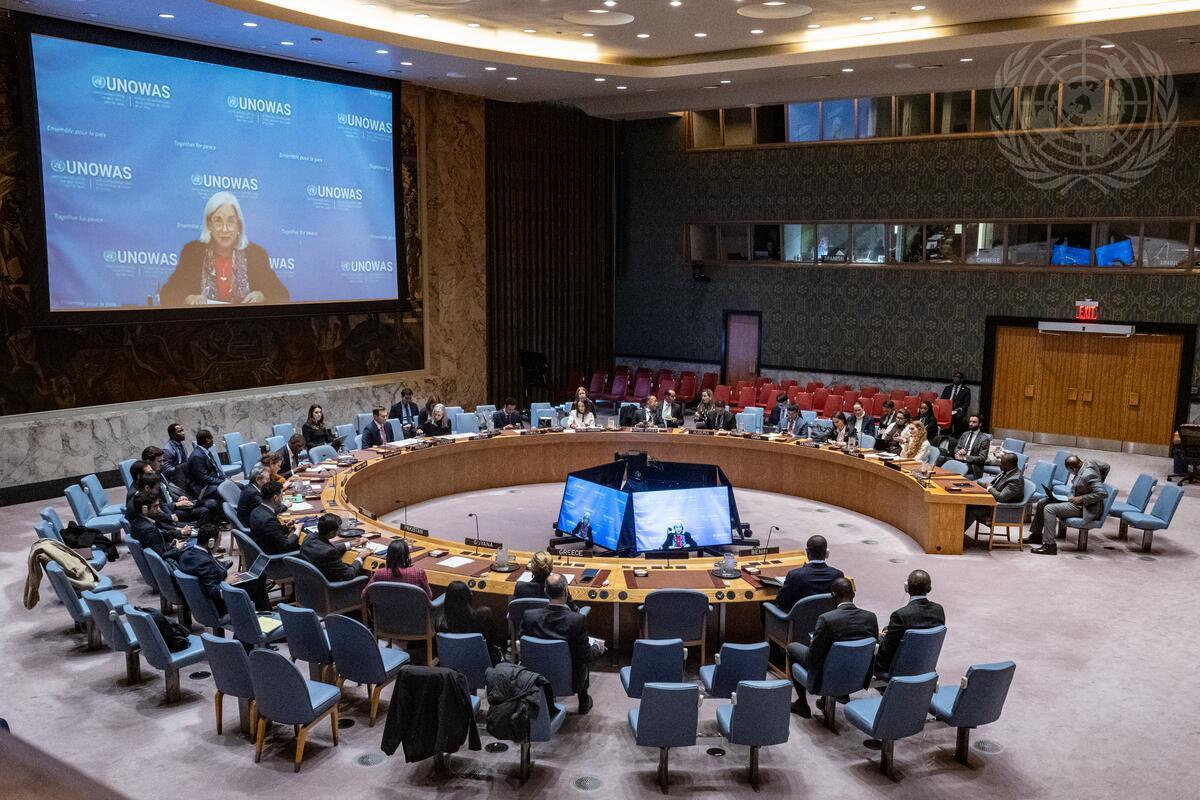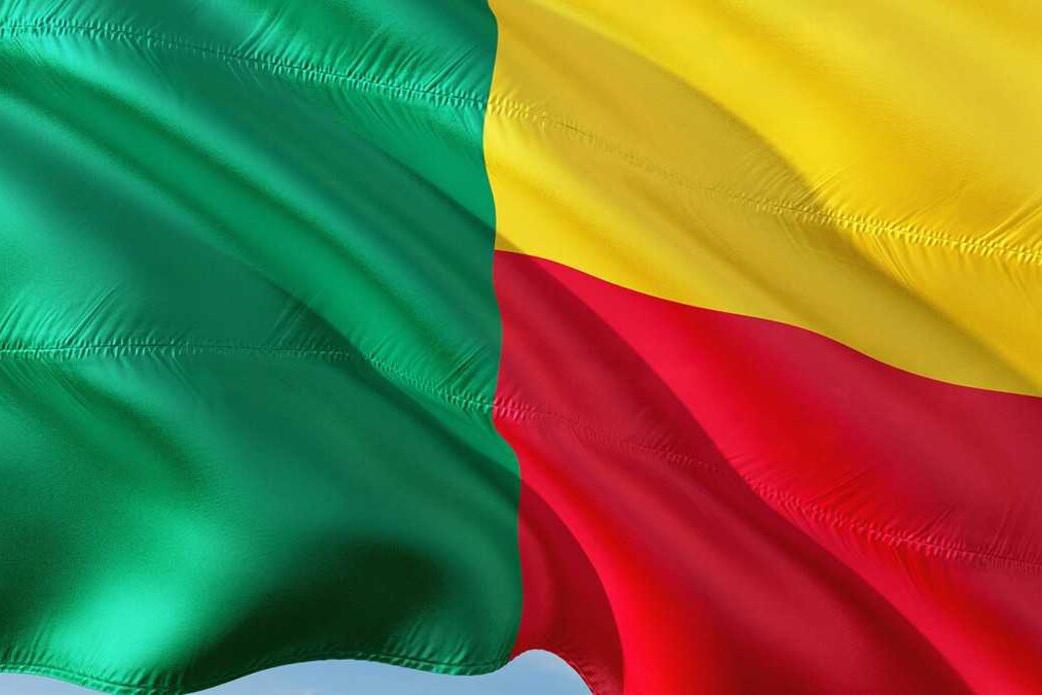A l’heure actuelle, l’Afrique de l’Ouest est considérée comme l’une des principales régions du continent africain à faire des progrès considérables dans le domaine de la réforme du secteur de la sécurité. Des pays comme la Guinée, le Sierra Leone, Le Burkina Faso et tout récemment la Gambie, en sont quelques exemples.
A l’heure actuelle, l’Afrique de l’Ouest est considérée être l’une des principales régions du continent africain à faire des progrès considérables dans le domaine de la réforme du secteur de la sécurité au niveau politique et au niveau national.
Face aux défis sécuritaires, certains pays de l'Afrique de l'Ouest ont initié des processus en vue de transformer leur secteur de la sécurité en institutions régies démocratiquement, dans le respect de l’état de droit et des principes des droits humains
Au cours des dernières décennies, un certain nombre de pays de la région de l’Afrique de l’Ouest ont connu des conflits, une agitation ou une instabilité politiques. Face aux défis sécuritaires, certains pays comme la Sierra Leone, la Guinée, le Burkina Faso et la Gambie ont initié des processus en vue de transformer leur secteur de la sécurité en institutions régies démocratiquement, dans le respect de l’état de droit et des principes des droits humains.
En juin 2016, les chefs d’Etat de la Communauté Economique des Etats de l’Afrique de l’Ouest (CEDEAO) ont adopté un cadre politique de la réforme du secteur de la sécurité et de la gouvernance (RSSG) en cohérence avec les politiques de l’Union africaine et des Nations Unies relatives à la RSS. La CEDEAO est actuellement en train de promouvoir cette politique dans toute la région pour en favoriser l’appropriation et l’opérationnalisation.
Parallèlement à l’élaboration de cette politique régionale développée par la CEDEAO, des processus de réforme du secteur de la sécurité ont été initiés et mis en œuvre au niveau national.
La Sierra Leone, par exemple, est souvent citée comme l’un des pays qui, après une guerre civile de 11 ans, a conduit avec succès un processus de réforme du secteur de la sécurité. Cette entreprise a contribué à consolider la paix et, depuis 2005, suite au départ de la Mission du maintien de la paix des Nations unies, a empêché le pays de retomber dans le conflit. Au cours de la dernière décennie, la Sierra Leone a globalement transformé ses structures sécuritaires, notamment celles chargées d’assurer, régir, superviser et gérer les questions liées à la sécurité.
En Guinée, après une longue période de régimes dictatoriaux et militaires, entachée d’instabilité politique et de coups d’Etat militaire répétés, pour la première fois en 2010, le pays a pu élire démocratiquement un nouveau président. Le nouveau leadership a lancé le pays dans un processus de réforme du secteur de la sécurité. Avant cela, le secteur de la sécurité était caractérisé par la désorganisation, la confusion des rôles sur le terrain, le manque de contrôle par les civils, le manque de moyens et le dysfonctionnement du système judiciaire tandis que sévissaient les violations des droits humains. Cette situation posait une menace réelle pour la sécurité des personnes. Les premières années du processus de réforme ont aidé à clarifier les rôles et les responsabilités des forces de défense et de sécurité et permis aux forces armées de retourner dans leurs casernes. Depuis lors, l’armée n’a pas cherché à reprendre le pouvoir. Il reste néanmoins beaucoup à faire en ce qui concerne la gestion des organismes chargés de l’application de la loi, en particulier en termes de contrôle des foules.
Au Burkina Faso, suite au soulèvement populaire de 2014 ayant donné lieu aux premières élections démocratiques, le nouveau Président Roch Marc Christian Kaboré a sollicité le soutien des Nations Unies pour initier la réforme du secteur de la sécurité. Compte tenu des défis légués lors du régime précédent et du rôle joué par l’armée, les autorités nationales ont pris des mesures pour la conduite d’un processus de réforme devant aboutir à la dépolitisation et à la professionnalisation des forces de défense et de sécurité et à leur soumission au contrôle démocratique civil et à l’Etat de droit.
En Gambie, après 22 ans de régime militaire de l’ancien Président Yaya Jammeh, le pays est aujourd’hui confronté au défi de la construction d’une paix et d’un développement à long terme. Le nouveau pouvoir arrivé aux affaires en février 2017 est confronté à un niveau élevé de méfiance à l’égard des forces armées nationales, de la police et d’autres acteurs de la sécurité dans l’assurance de la sécurité de l’Etat et celles des populations. La priorité du gouvernement devrait être d’entreprendre des réformes urgentes du secteur de la sécurité, notamment de la défense, de la police, de la justice, du système correctionnel et judiciaire, de la gestion des frontières et des douanes avec un accent particulier sur la coopération transfrontalière entre la Gambie, le Sénégal et la Guinée-Bissau, concernant également les commissions pertinentes au sein du parlement, les acteurs indépendants du contrôle et les organisations de la société civile. Cette réforme devra prendre en considération les besoins sécuritaires de la population afin de rétablir la confiance qui facilitera la consolidation du système démocratique, encore à l’état embryonnaire.





